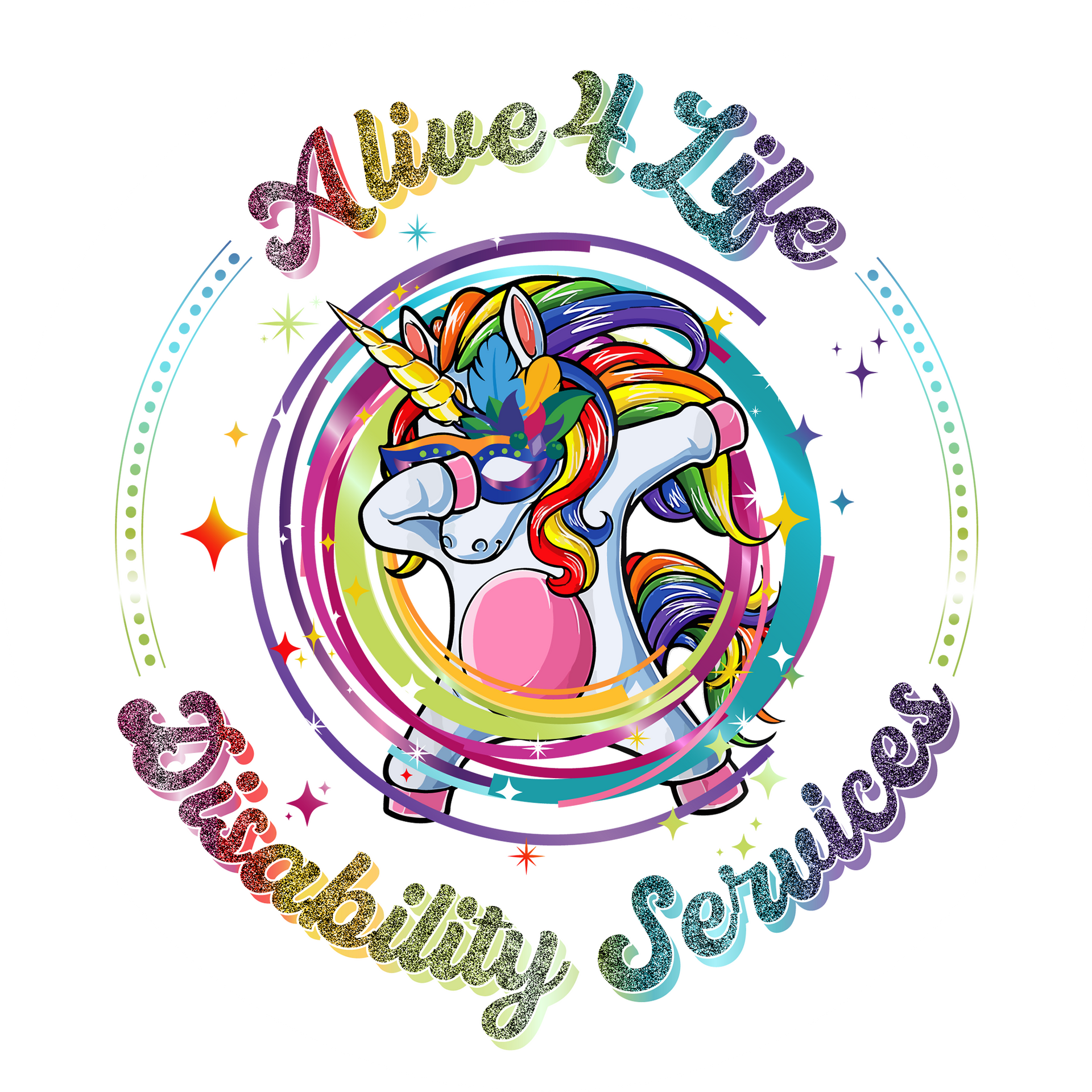Counselling vs. Psychology: What's the Difference?
Is it better to see a counsellor or psychologist?
Counsellors undergo training to offer support and guidance to specific individuals and groups. If you find yourself in any of the following situations, seeking assistance from a counsellor is the recommended course of action.
- Experiencing persistent anger or sadness
- Losing interest in the things you used to enjoy
- Faced challenges related to your family, school, career, or marriage
- Suffered physical, emotional, and mental abuse
- Engaging in substance abuse, addiction to food, sex, or other behaviours
- Going through a major traumatic event
- Struggling with a personality disorder
On the contrary, if you are facing challenges that are related to severe mental health problems like depression, anxiety, or stress, seeking assistance from a registered psychologist is the better choice. Their advanced education enables them to effectively treat your symptoms and, if necessary, provide a diagnosis. For more severe psychotic episodes, it is better to see both psychiatrists and counselling psychologists.
What is the difference between psychotherapy and psychology?
Although psychotherapy and psychology are related fields, there is an important distinction between the two. Psychotherapy involves talking to a trained therapist about mental concerns and seeking advice or support in order to help an individual manage their thoughts and behaviours. It aims to enhance an individual's well-being by addressing a range of emotional and psychological concerns.
Psychology, on the other hand, focuses on understanding human behaviour and how the mind works. It is a diverse field of study that covers different subfields such as clinical psychology, developmental psychology, social psychology, and cognitive psychology. In this field, psychologists use scientific methods to explore questions about a wide range of topics related to the human mind and behaviour.
It is important to note that while a psychologist can be trained to practice psychotherapy, a psychotherapist is not a psychologist.
What is the difference between a counsellor and psychologist?

Image by Freepik
Skills
Most counsellors work with individuals and groups wherein they deal with such experiences to connect effectively with their patients. Thus, for them to be able to do this, they must possess certain skills that are required for the job. Effective communication skills, attentive listening, and strong interpersonal skills are essential qualities that counsellors, therapists, and psychologists must possess.
But while these are important skills that both a counsellor and psychologist must have, psychologists require a high level of cognitive and analytical skills to research, diagnose disorders, and be able to provide evidence-based treatments.
Education and Certifications
While counsellors may or may not be required to obtain a license, many professionals complete an undergraduate degree and supervised practice to fulfill the licensing requirements set by the state.
In addition, certain certifications in counselling may not also require an associate degree. For substance abuse counsellors, most of them are required to have an associate degree or combination of college credits, professional seminars, and work experience in the field of addictions.
On the other hand, every psychologist must possess a doctoral degree with most practitioners required to complete a 3-4 year PhD, Ed.D., or Psy.D. program. These doctoral degrees in psychology require a prior undergraduate degree and a postgraduate degree, along with some relevant professional experience. Alongside 1-2 years of supervised experience, psychologists are usually required to pursue advanced certification or continue their education to maintain their licenses.
Service
When it comes to patient care, the primary role of counsellors is to provide guidance and support to their clients. Given the broad scope of counselling, most counsellors only focus on their specific areas of expertise and don't go to areas where science-based approaches and diagnosis are required.
This is where psychologists come in. With their specialised knowledge, psychologists are equipped to assess various forms of mental illness and complex mental health conditions. They offer evidence-based psychological treatments, mental health support, and counselling services to help address these mental health disorders.
What is the difference between counselling and psychology?

Image by Freepik
Counselling
Counselling is generally focused on helping an individual cope with life's struggles by talking about their feelings and thoughts on why they are feeling such a way. It often deals with the individual’s specific situation and focuses on working toward solutions to these problems.
During a counselling session, clients are given the safe environment they need to talk openly about their struggles to a trained counsellor who listens and helps them address these practical issues. Instead of undergoing treatment plans, counselling uses talk therapy to help individuals understand their thoughts, feelings, and behaviours.
The goal of counselling is for the individuals to develop the necessary communication skills they need in order to effectively express their thoughts and feelings and be able to make positive changes in their life.
Psychology
Psychology deals with a more complex understanding of the human mind and its role in influencing human behaviour and overall mental health and well-being. While counselling does not diagnose mental illness and other complex mental health issues, psychology examines these areas and their underlying causes to develop a specialised mental health treatment plan to address each of them.
In a psychology therapy session, the psychologist uses psychometric testing and other specialised clinical assessments to identify the main causes of the issue before prescribing a treatment plan. With the intervention of trained psychologists and mental health professionals, certain
treatment plans may involve psychotherapy, cognitive behavioural therapy or interpersonal psychotherapy (IPT).
While counselling typically provides short-term solutions to reduce stress and anxiety or to help a person get through immediate and practical issues, psychology is more focused on long-term changes, particularly for individuals who have severe mental health conditions.
Takeaway


About Alive4Life
Alive4Life Disability Services provides support and services to enhance the quality of life of NDIS participants and their families across Campbelltown.
Recent Posts

We hope you enjoy reading this blog post!
Alive4Life Disability Services is a registered NDIS provider with a strong passion for delivering a high standard of supports and programs to NDIS participants across Wollongong and Campbelltown.




